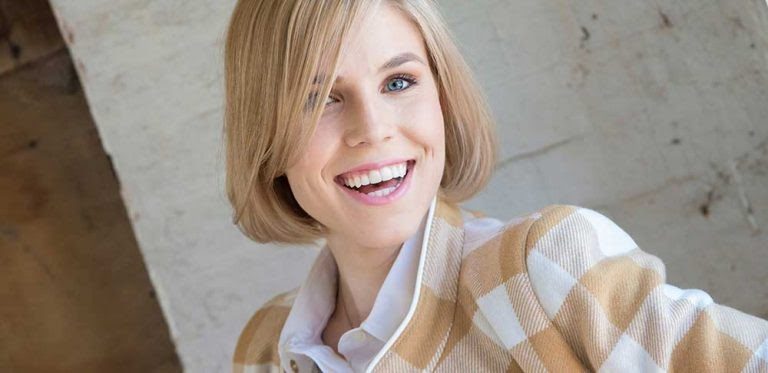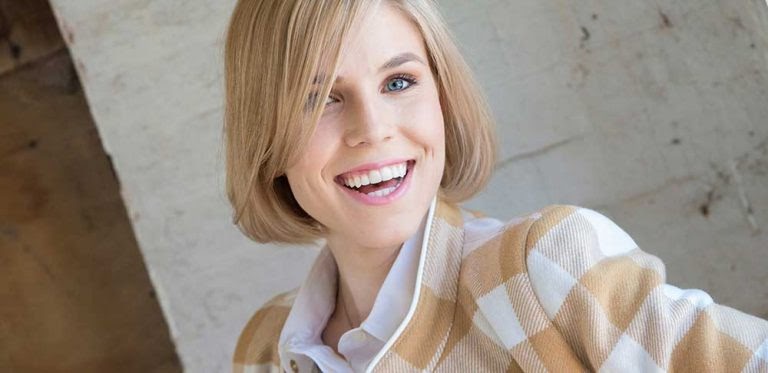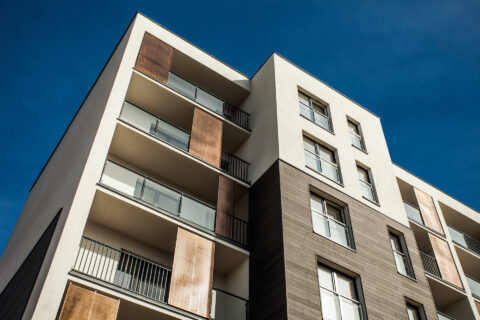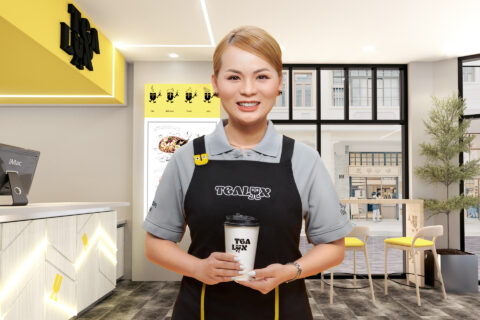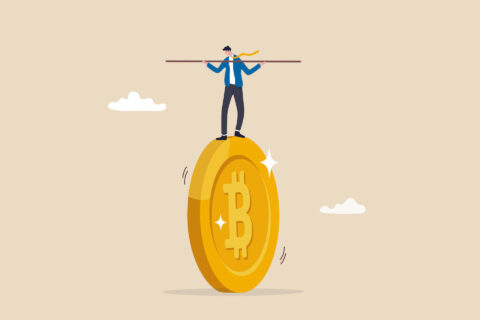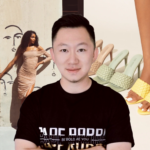At fourteen-years-old, Le Bijou co-founder Madeleine Hubner began working at a local Zürich supermarket. The precocious teen could not have imagined that within a few short years, she would become the co-founder of a luxury hotel chain flourishing amid a global pandemic.
What sparked her swift ascent into entrepreneurship? What does her story reveal to young founders making their way in turbulent times today?
Hubner, now a mother and business owner, gave us an inside look at her ingredients for her success and the challenges which nearly blocked her path to success (and in one instance threatened her life). Read on for our exclusive interview with Le Bijou co-founder Madeleine Hubner.
Do you consider yourself an entrepreneur?
I have been employed only once. In 2011 me and my partner and husband Alexander took the risk and started Le Bijou. It was a hard but an exciting journey.
Did you worry about the possibility of failure?
Not really. In our early days, we were under heavy stress and strain but our partnership flourished because we believed in our vision. I never thought about failure, I was more concerned about finding ways to survive. In the beginning, we had practically no money and our business model was pretty much unheard of. The Airbnb movement had just started back then. So I am really proud how we faced down all the risks together as partners.
What do you consider the hallmarks of entrepreneurship?
Of course, entrepreneurs need to have a clear vision, work hard and be super disciplined and all that kind of stuff, but then what you really need to do is bring a completely new and innovative product or service to market, something nobody has really done before, but there’s an element of risk to that.
You can’t just assume it will work, it’s not like just plucking a standard business model off the shelf, you have to break the mould to be an entrepreneur, so there is inherently a higher risk and therefore also a bigger struggle.
What is your role at Le Bijou?
As co-founders, me and Alexander are equal partners, and we’ve both performed various roles during these years. Although we shuffle the responsibilities a lot, I am usually in charge of the customer care side of things and of the daily operations. I also communicate with the investors. Nowadays, as I expect my second child, my partner Alexander suggested he would take over some of my responsibilities for a couple of months to back me up. This is something I really appreciate about our relationships.
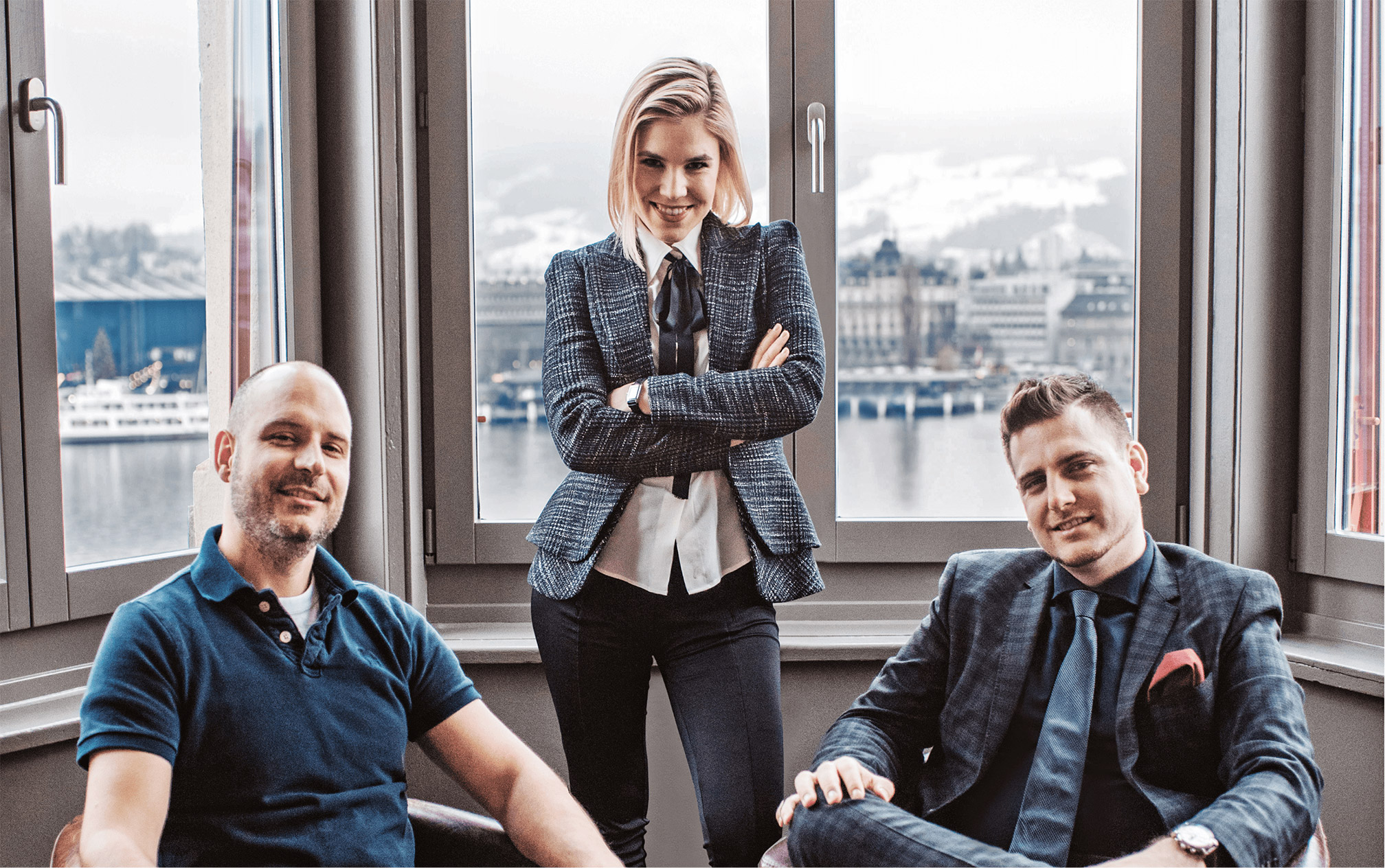
How did it all begin?
We began as a small startup with just one apartment and step by step we assembled the vital segments of the business. From the outset, we didn’t want to just create something other people already wanted, because we knew we had something completely original and different in mind.
So Le Bijou was conceived as a personal vision that became the manifestation of a shared passion and purpose; to bring into life a new kind of luxury travel experience: something that as keen travellers we had always dreamed of experiencing but never discovered.
How did you create the Le Bijou apartment-hotel prototype?
It was an exciting time, but the first renovation was literally backbreaking. We made custom carpentry designs for the different units and laid bespoke tiling and then all the painting and finishings. We laugh about it now, but there were times while Alexander and I were often working deep into the night and tempers could be fraying as much as the paint was splattering.
What was the most perilous part of your journey?
The worst time came late on Christmas Eve as we were trying to finish the first apartment renovation together. I suddenly felt an awful pain while I was painting the walls. Alexander rushed me to the hospital where they discovered my appendix had almost exploded. It was one of those nightmare moments of life when everything was suddenly in the balance.
I’m so thankful nothing terrible happened and that I recovered. As soon as I was released from the hospital we restarted the race to hit our deadlines and finish the first apartment. We knew getting things off to a good start was crucial to our chances of success so the fact that we achieved our initial aims and got everything done and dusted and all on budget – that was a really big boost to our confidence.
How did you grow the business?
Carefully and steadily. We didn’t want to rush, we are not a part of that “grow or die” culture promoted by venture capitalists. We did as much as we could ourselves until it became impossible to continue without the help of others. So in about a year, we started hiring people to work with us.
Our first employee was an Ukrainian woman. She wanted to work for us as a cleaner but we only had one apartment, so initially, we had maybe two hours work a day but she really needed more work because she had three children to support.
We had a nice talk but at the end of the interview she politely refused and got up to walk away, but I saw such good potential in her so I pleaded with her to work with us just for a little while and I said that if she could stick with us, then eventually she would get so much work she wouldn’t know where to start.
And I am actually so happy and proud to say that today, a few years on, she has her own company, managing 17 cleaners who take great care of all our properties, which these days are scattered all over Switzerland. So we really grew very organically. We just went step by step, starting with one apartment then two, then three and four and five and so on.
What was your biggest challenge?
I found hiring the right people a struggle early on. I was a bit naive, I thought the interns we hired would be excited to get work experience with an experimental Swiss startup, and work just as hard as we did, but I was wrong. In fact, we had a lot of headaches.
One of the most difficult things for me was learning that you can’t expect everyone to live up to your standards and that not everyone you employ will necessarily share your dreams or even show some basic initiative.
One of our first interns for example. Her head was in the sky. She wanted to go to a networking event to promote Le Bijou there. I paid for her to get her hair and nails done, to look nice for the event, but she had a big row with the hairdresser and then there were frantic phone calls and floods of tears and tantrums and so on all afternoon, it was really a storm in a teacup but a terrible waste of time overall.
I’m really not complaining, because through these experiences I developed a better way of understanding different personalities and now I can really recruit well.
What frustrates you about those experiences?
I think the attitude of a lot of graduates today worries me. Too many think or believe that the world owes them something. But I don’t believe that. And if you don’t share the same beliefs, it’s very difficult to work together.
They study for three years and start working and they’re acting like heroes, but they haven’t done anything or proven anything. They haven’t even swept a floor or done anything to show that they can really do hard work.
Whereas I believe that you need to listen and learn from others when you are starting out. Be humble and flexible. Do things step by step. Make a plan and see it through. Work hard and don’t just sit there and wait for your paycheck. So laziness and an undeserved sense of entitlement really frustrate me.
What was your experience at university?
I went to Paris to start my degree in communication design but then I came back and I switched my credits to do a year of university in Zurich. But university wasn’t for me. I remember how the students weren’t taking the course seriously and I became demotivated when I realised how discipline was pretty much absent from the culture of the university.
By this time, Alexander had already been visiting me in Paris and we were already excitedly discussing our business concepts and about how to get it going. So after a lot of thought, I simply left university and put all my energy into establishing Le Bijou.
Which is more important: discipline or motivation?
They are both equally important and interconnected. If I want to do something I will always try to do it in a very disciplined way but that’s only because I am a very self-motivated person. I always try to establish clear goals and objectives when I’m planning something. So that helps me feel more comfortable about the discipline part.
I know people always complain about discipline but maybe if you think more about the benefits discipline brings you might start feeling like getting out of bed a bit earlier. So if you are lacking in discipline, then I think there’s an underlying issue and more often than not, it comes from a lack of motivation.
What was your first job?
When I was fourteen I worked at the local supermarket during my school holidays. I would stack the shelves and work the tills or even help in the warehouse and I absolutely loved it. I learned a lot about the basics of business there. Both good and bad. It was liberating earning my own money and it turned out that this early experience was a powerful motivation in building a business of my own.
What was the first lesson you learned in business?
When I was a teenager working at my first job I learned you have to be ready, willing and able to take the initiative and that if you really want something badly, you have to do it yourself.
I remember we were told to throw away food, cakes in fact, that were still fresh but would be out of date the next day. They smelled and looked delicious and I didn’t understand why we had to destroy good food. How can we have such an attitude, if there are people starving in poorer countries?
I suggested to my boss that we sell them for less that day, give a discount or something, but our boss said it was better to throw away produce than potentially have all the customers queuing up at the end of the day for reduced price milk. I brushed in tears.
At that moment, even at that age, it came to my mind that I had to build my own company because I didn’t want to carry out crazy orders, I wanted to do things exactly the way I think they should be done.
She did it her way
Doing things her way has proven to be a recipe for success for Madeleine Hubner. She advises young people who have ideas about better ways of doing things, however crazy, to try them out, never shy away from the hard stuff, absorb all the failures that they might face (and the failures will be plentiful, she warns), learn the lessons, and then succeed in a big way.
Madeleine practices what she preaches: with much of the hotel industry struggling to find a path forward, the Hubner’s family recently turned coronavirus pain into gain by converting their apartment-hotel units into ‘luxury quarantine’ accommodations, while providing free nights for health workers and those in great need.
Craig Lebrau is the CMO of Media Insider, a Wyoming-based PR company that aims to disrupt the way companies communicate their brand in the digital era.
© YFS Magazine. All Rights Reserved. Copying prohibited. All material is protected by U.S. and international copyright laws. Unauthorized reproduction or distribution of this material is prohibited. Sharing of this material under Attribution-NonCommercial-NoDerivatives 4.0 International terms, listed here, is permitted.
